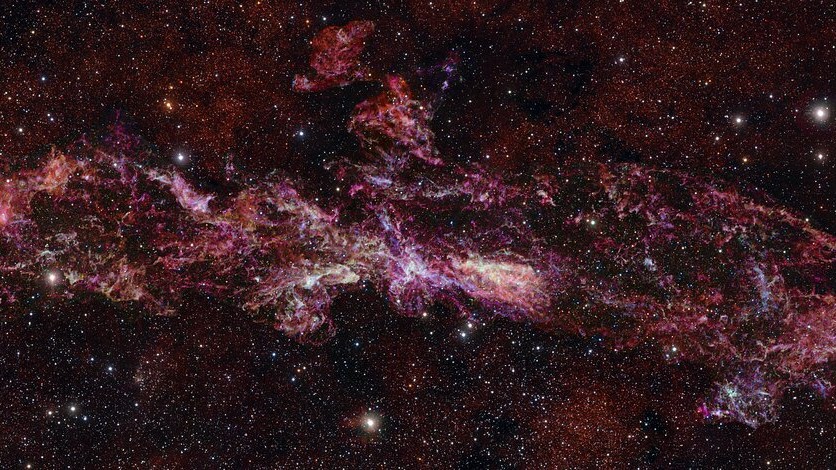Caffeine Works Better for Men

Get the world’s most fascinating discoveries delivered straight to your inbox.
You are now subscribed
Your newsletter sign-up was successful
Want to add more newsletters?

Delivered Daily
Daily Newsletter
Sign up for the latest discoveries, groundbreaking research and fascinating breakthroughs that impact you and the wider world direct to your inbox.

Once a week
Life's Little Mysteries
Feed your curiosity with an exclusive mystery every week, solved with science and delivered direct to your inbox before it's seen anywhere else.

Once a week
How It Works
Sign up to our free science & technology newsletter for your weekly fix of fascinating articles, quick quizzes, amazing images, and more

Delivered daily
Space.com Newsletter
Breaking space news, the latest updates on rocket launches, skywatching events and more!

Once a month
Watch This Space
Sign up to our monthly entertainment newsletter to keep up with all our coverage of the latest sci-fi and space movies, tv shows, games and books.

Once a week
Night Sky This Week
Discover this week's must-see night sky events, moon phases, and stunning astrophotos. Sign up for our skywatching newsletter and explore the universe with us!
Join the club
Get full access to premium articles, exclusive features and a growing list of member rewards.
Caffeine affects men more strongly than women, new research reportedly shows.
However, the same study found that while decaf coffee perks up both of the sexes, it affects women more.
The results come from a University of Barcelona study of caffeine's effects on 668 university students, with an average age of 22. Measurements were taken before and after the caffeine was ingested. Tests were carried out at between 11 am to 1 pm, as well as between 4pm to 6pm, to check for differences caused by the time of day. "Although both the men and women saw an improvement in their activity levels with the coffee, which increased in later measurements, we observed a greater impact among the males," researcher Ana Adan told Spain’s Scientific Information and News Service (SINC). "Numerous studies have demonstrated the stimulant effects of caffeine, but none of these have looked at their effects in terms of the consumer's gender," she added. Realistic quantities, decaf Past research on the effects of caffeine have relied on preparations in which the caffeine level is much higher than normal intake. But the new study, which dealt with the caffeine found in espresso, revealed "the difference seen in the effects on men and women, based on the quantities of caffeine people take in 99 percent of cases (espresso coffee and decaffeinated espresso coffee, containing 100 mg and 5 mg of caffeine, respectively)," Adan told the news service. For an American-style comparison, 16 ounces of drip-brewed decaffeinated coffee contains caffeine ranging from 8.6 milligrams to 13.9 milligrams, University of Florida researchers have found. And a comparable cup of high-test coffee contains about 170 milligrams of caffeine. When the UB subjects were given decaf, Adan and her colleagues also found a small improvement in participants' states of alertness. The effect of the caffeine was slightly more noticeable among the women, Adan said. It is unclear if this was a result of the "placebo effect," in which people react to an anticipated effect despite receiving a treatment that is free of the chemical or other treatment they expected, she said. Coffee works fast Regardless of sex, caffeine has an almost immediate effect, the UB researchers found. Previous studies had shown that alertness starts to increase 30 to 45 minutes after consumption, but the new study shows that the effects begin after as few as 10 minutes. Adan said: "45 minutes is the time needed for maximum caffeine concentration to be reached in the blood, but levels reach half this concentration after just a few minutes." The effects of caffeine usually last between two and three hours, although that can extend to four or five hours depending upon an individual’s sensitivity and metabolism, which varies greatly with age, she said.
The study is detailed in the October issue of the journal Progress in Neuro-Psychopharmacology & Biological Psychiatry.
- How Coffee Changed the World
- 10 Things You Need to Know About Coffee
- How is Coffee Decaffeinated?
Get the world’s most fascinating discoveries delivered straight to your inbox.
 Live Science Plus
Live Science Plus











